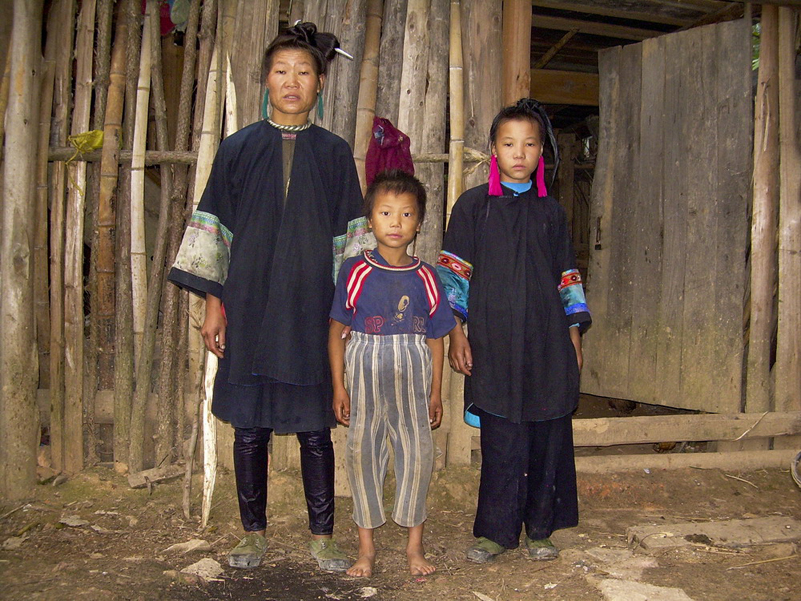Fostering Program
The tradition of extended rural families often results in over-population and puts a great burden on the scarcely arable land available. Stereotype male dominated society rarely creates education opportunities for girls. Illiteracy amongst senior generations is common, where fathers usually received a few years of primary school education whilst the mothers had none at all! Considerable number of families often survive on less than 1 USD per day.
Widows tend to remarry as quick as possible in order to secure a more comfortable future and escape harsh living conditions as single parent in a small mountain community. Too often her off-spring is left behind in the parental village as her new partner is not willing to take care of the children from her first marriage. The compound is abandoned, kids left under the care of elderly and needy grandparents or a hardly adolescent brother or sister.
Malnutrition is not uncommon in the “Two Mountains” area. Most Miao in the area eat only 2 meals a day, first one in midmorning after 5 hours in the fields and the last one after another 5 hours work before dark. Basic meals are composed of rice, vegetables and chilies. Meat dishes are only served during special and festive occasions.
Information about destitute youngsters normally comes from recommendations from local schools and village administrators who refer cases to T.K.S.S. Following up home visits are planned in co-operation with local communities.
Bi-yearly personal letters and school term academic reports are collected, sorted, recorded and sent to sponsors. Infrequent gifts, messages and letters could be diverted to the sponsored via T.K.S.S. for remote areas where local postal services fail to cover. Personal photographs are supplied annually.
Monthly cash allowance is either deposited directly into the sponsored children’s personal bank account with local Rural Credit Union (RCU has branches established in almost every villages and towns), or delivered personally to individual sponsored children at schools or at their family homes.
Scheduled food, school and basic supplies are delivered directly to the sponsored and in emergency cases, immediate responses are activated amidst personal crisis or during natural disasters.
Admission is considered regardless of ethnic background, religion, gender and location.


















































